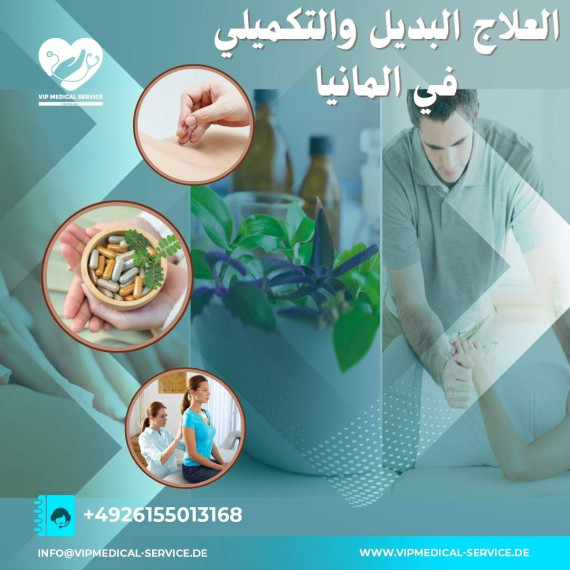Neurological Rehabilitation: Enhancing Recovery and Quality of Life
19 Mai, 2024 - Medizinische Informationen
Neurological Rehabilitation:
Neurological rehabilitation encompasses the provision of medical, therapeutic, and rehabilitative care for individuals affected by injuries or illnesses impacting the nervous system. Such conditions include injuries resulting from vehicular accidents, brain diseases like strokes and multiple sclerosis, and neurological disorders such as multiple sclerosis and cerebral palsy.
Objectives of Neurological Rehabilitation:
- Enhancing motor, sensory, and functional abilities of patients.
- Fostering independence in daily life activities.
- Improving psychological and social quality of life for patients.
- Providing necessary support for patients and their families to adapt to changes stemming from the injury or neurological condition.
Conditions Requiring Neurological Rehabilitation:
- Brain injuries
- Cerebral palsy
- Stroke
- Epilepsy
- Multiple sclerosis
- Hereditary neurological diseases
- Spinal cord injuries
Germany's Reputation and Excellence in Rehabilitation:
Germany is renowned for delivering exceptional and advanced medical services, standing as one of the prime destinations for neurological rehabilitation worldwide. The success in this field can be attributed to:
- Investment in advanced medical technologies.
- Specialized and highly trained medical teams.
- Comprehensive programs covering various aspects of rehabilitation.
Components of Neurological Rehabilitation Programs:
A neurological rehabilitation program encompasses a diverse array of therapeutic methods and techniques aimed at improving and enhancing the functions of the nervous system affected by injury or illness. The program's content depends on each patient's condition and the nature of their injury or illness and typically includes:
- Comprehensive assessment: Initiating with a thorough evaluation of the patient's condition, encompassing assessment of motor, sensory, balance, coordination, cognitive, and psychological functions. This evaluation is crucial for setting therapeutic goals and devising a tailored treatment plan for each patient.
- Physical therapy exercises: These exercises entail a variety of motor techniques aimed at improving muscle strength, flexibility, balance, coordination, and enhancing movement and independence.
- Occupational therapy: Occupational therapy aims at enhancing the ability to perform daily activities independently and effectively, such as basic activities of daily living, vocational activities, and leisure activities.
- Sensory therapy: Sensory therapy involves the use of techniques and exercises aimed at improving sensory responses and enhancing sensory balance and coordination.
- Psychological and social therapy: The program sometimes includes psychological and social support for patients and their families to address the psychological and social challenges associated with the injury or neurological condition.
- Pharmacological therapy: In some cases, a neurological rehabilitation program may involve the use of pharmacological treatments aimed at alleviating symptoms or improving nervous system functions.
Each component of the neurological rehabilitation program is tailored to the needs and circumstances of each patient, with regular monitoring and adjustment of the program to ensure maximum benefit and improvement in the patient's functional level and daily life.
Reasons Behind Germany's Success in Rehabilitation:
- Advanced technologies: Hospitals and medical centers in Germany boast modern and advanced technologies in the field of neurological rehabilitation, contributing to achieving effective and tangible results for patients.
- Specialized medical teams: Neurological rehabilitation programs in Germany feature specialized medical teams with expertise and proficiency in the field, ensuring the delivery of superior and effective care for patients.
- Suitable therapeutic environment: Medical facilities in Germany provide a conducive and comfortable therapeutic environment for patients, enhancing the rehabilitation process and improving their quality of life.
- Precise monitoring: Neurological rehabilitation programs in Germany are characterized by meticulous monitoring of patients' progress and adjustment of the rehabilitation program according to the needs of each case.
- Comprehensive guidance: Neurological rehabilitation programs in Germany offer comprehensive guidance for patients and their families, including counseling and necessary psychological and social support.
Wide medical network: Patients in Germany can benefit from an extensive and integrated medical network, allowing them access to the best available medical and rehabilitation services.


